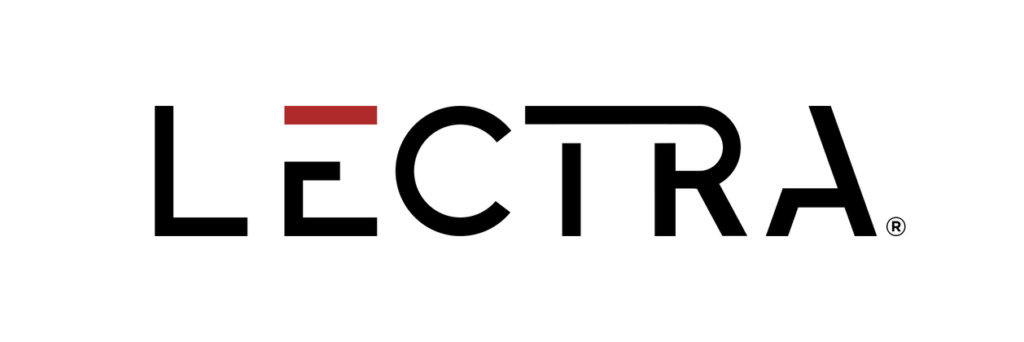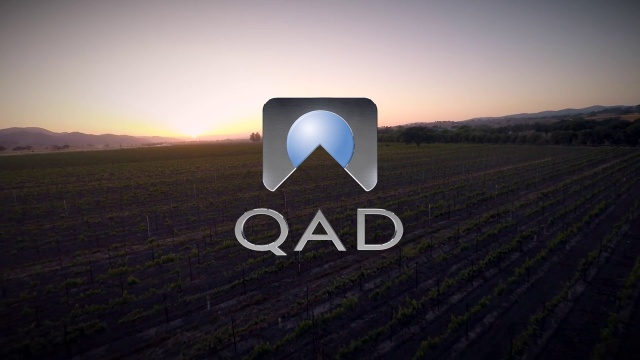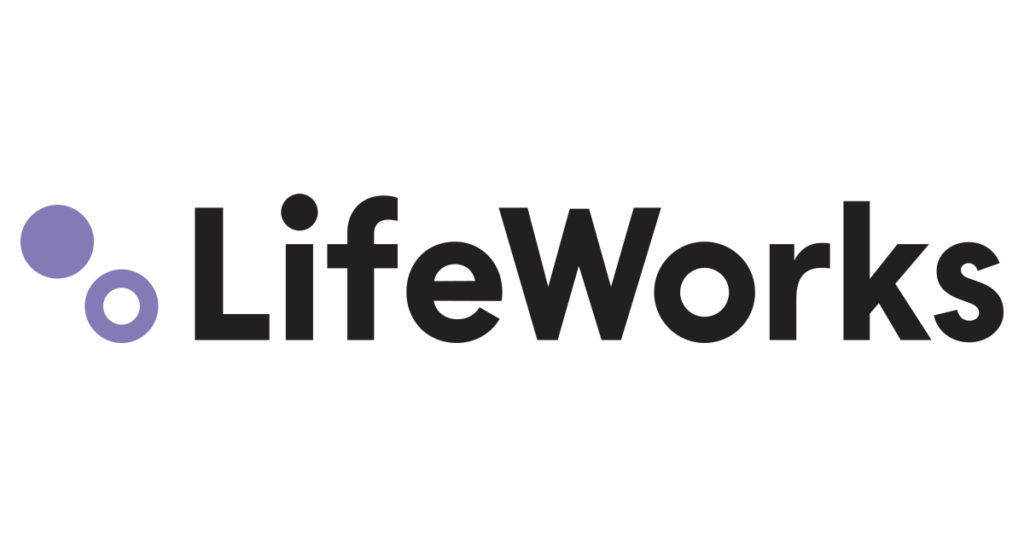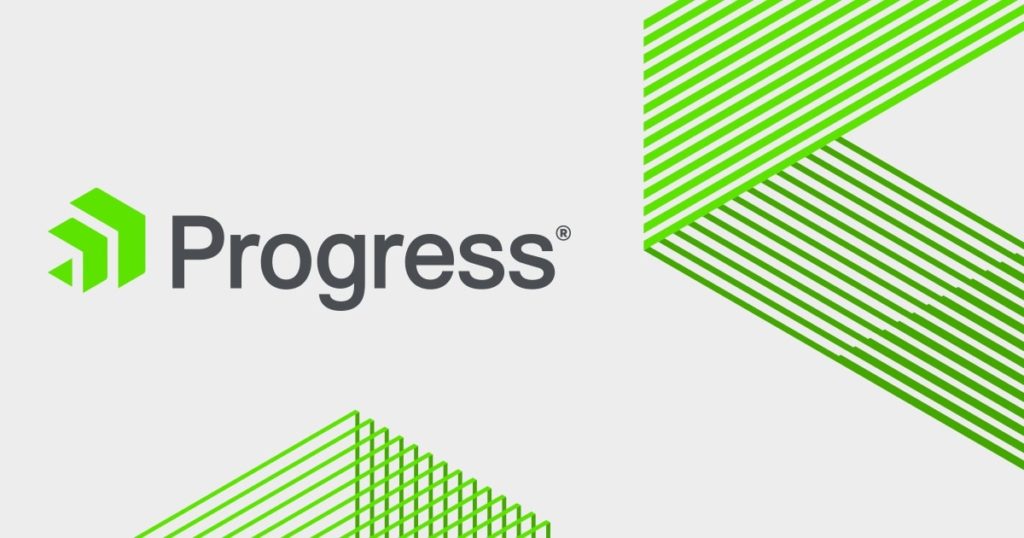Cyient – An Indian Technology Company Dominating In Diverse Engineering Fields.
Cyient, previously known as Infotech Enterprises Limited, is a publicly-traded company based in Hyderabad, India. It is a global provider of engineering and technology solutions and in 2018 was one of the top 30 outsourcing companies globally. The company was founded in 1991 by B. V. R. Mohan Reddy, an engineer, and a business executive. The company currently has more than 300 customers across the world and it includes 29 among the Fortune 500 companies. The name of the company was changed to Cyient in 2014 after getting approval from the shareholders.
About Cyient
Cyient, through the journey of the last three decades, has successfully marked its presence in 14 countries across Asia, Europe, and North America. It has 12,000 associates that help in strengthening the local relationships leading to more empowering global deliveries. The company serves a lot of industries including aerospace, automotive, geospatial, healthcare, energy, heavy instruments, communications, rail transportation, etc. Cyient applies its FIRST principle values across all stakeholder relationships and it stands for Fairness, Integrity, Respect, Sincerity, and Transparency.
Cyient also has several group companies. They include Cyient Europe Ltd, Cyient Singapore Pte Ltd, Cyient Ltd (Japan), Cyient Design Led Manufacturing, etc. The company is traded in both the National and Bombay Stock Exchange since 1997. Recently, the company has expanded its digital solution for the aerospace industry and also launched global management consulting practice.

Early Days
Cyient was established in Hyderabad as Infotech Enterprises back in 1991. After four years, the company received its first certification (ISO 9002) for its conversion services. When the company was founded, it was initially a private organization that focused on offering engineering services on a global scale but faced strong resistance in the area of engineering outsourcing. It found many opportunities in the geographic information system (GIS) sector and eventually started growing. In 1997, the company decided to go public and sold its shares for Rs 20/- per share during the IPO. In the same year, Company also acquired SRG Infotech, a software company that was known for offering services to Oracle.
In 1999 Cyient entered the US market as it signed a deal to offer GIS conversion and consultation mapping services to the US-based Analytics Survey Inc. Company also opened a subsidiary of the company in the US and the same year signed another deal with Navionics Italy for the same services. It also acquired a series of companies including Cartographic Sciences from Analytical Surveys Inc and Dataview Solutions Limited (a UK-based software company). In April 2000, Cartographic Sciences merged with Cyient. Cyient also made a breakthrough in 2000 as it landed a huge deal with an aircraft engine manufacturer.
Growth and Success
Cyient started acquiring more and more companies across the globe and also expanded to various fields to offer its solutions. In 2000, it acquired a German company called Advanced Graphics Software GmbH, a software company that specialized in 3D CAD/CAM. In April 2001, Company acquired an independent European GIS distributor, Map Centric. It also established a strategic business relationship with the Pratt & Whitney division of United Technologies Corporation that is a Fortune 100 company. This was a long-term agreement where Pratt & Whitney was offered approximately an 18 percent equity stake of the company.
By this time, Cyient became one of the top 100 global outsourcing companies and was also featured in Forbes Asia in the list of “200 Best under a Bullion.” In 2005, Company acquired Tele Atlas India Pvt Ltd where the parent company, Tele Atlas joined in as a strategic partner. In 2017, the company acquired Certon Software Inc.
B. V. R. Mohan Reddy – Founder of Cyient
B. V. R. Mohan Reddy is the founder of Cyient. He went to IIT Kanpur followed by the University of Michigan, USA, and has received honorary doctorates from several universities. Apart from founding Cyient, he has also served as the Chairman of NASSCOM in 2015-16 and continued to be a member of its Executive Council since 2003. He is also the founding director of T-Hub, India’s largest startup incubation center.

Annasha Dey is an NIT student, who apart from studying engineering is also a content writer. She has a great interest in photography, writing, reading novels, and travelling as well. She is a foodie who loves socializing and hanging out with her friends. She is also a trained Kathak dancer and a big fashion enthusiast. Dey also loves watching TV series, which includes F.R.I.E.N.D.S. and Big Bang Theory. To be a better writer she prefers to read more




